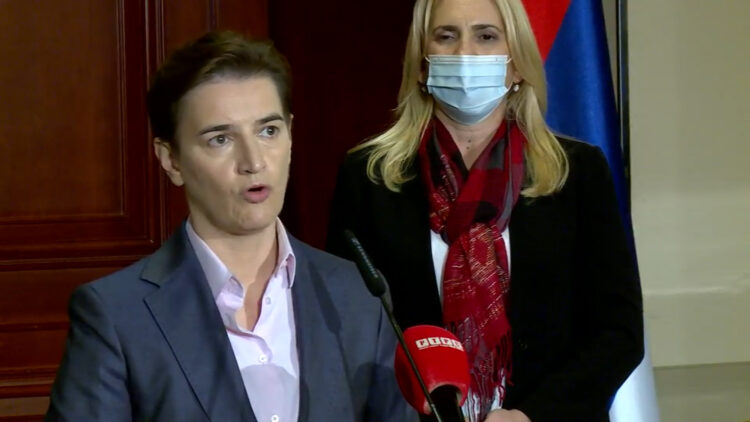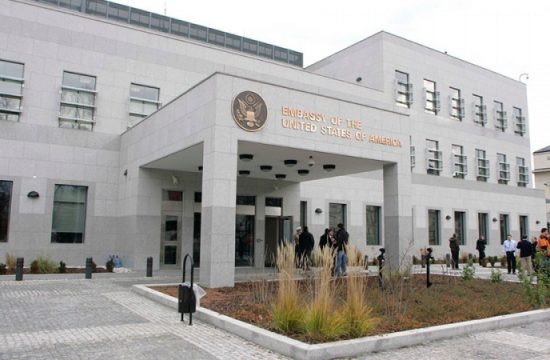
When Serbian Prime Minister Ana Brnabic on Friday signed with the leaders of the Bosnian Serb semi-autonomous entity a joint statement about the construction of three hydropower plants on the Drina river, both sides ignored the law as rivers are state property and cannot be handled by just a part of the country, the Office of Bosnia’s Attorney General said on Monday.
Drina is a natural border between Bosnia and Herzegovina and Serbia but the entity of Republika Srpska (RS) views it as its own property.
Serbia has obtained the majority stakes in the ‘HES Gornja Drina’ joint-venture in which the RS will hold 49 and Serbia 51 percent. The company holds the concession on the three hydroelectric plants.
But according to Bosnia’s Attorney General, only state institutions have the competencies to decide about state property.
“Actions on the realization of the mentioned project, as well as any other similar project, should be based on the valid regulations of Bosnia and Herzegovina, while respecting the competencies of the state of Bosnia and Herzegovina, and involvement in specific procedures of its institutions,” said the Office of Attorney General of Bosnia and Herzegovina.
The institution said that Bosnia’s competencies and institutions were “ignored” and that this suggests the signing of the joint statement was not based on the regulations of the state.
Rivers, waters, as well as forests or agricultural land are public property, which in legal theory and case law is understood as state property in a broader sense, it said, adding that the Constitutional Court has also expressed the position that the issue is within the competencies of the state-level government.




